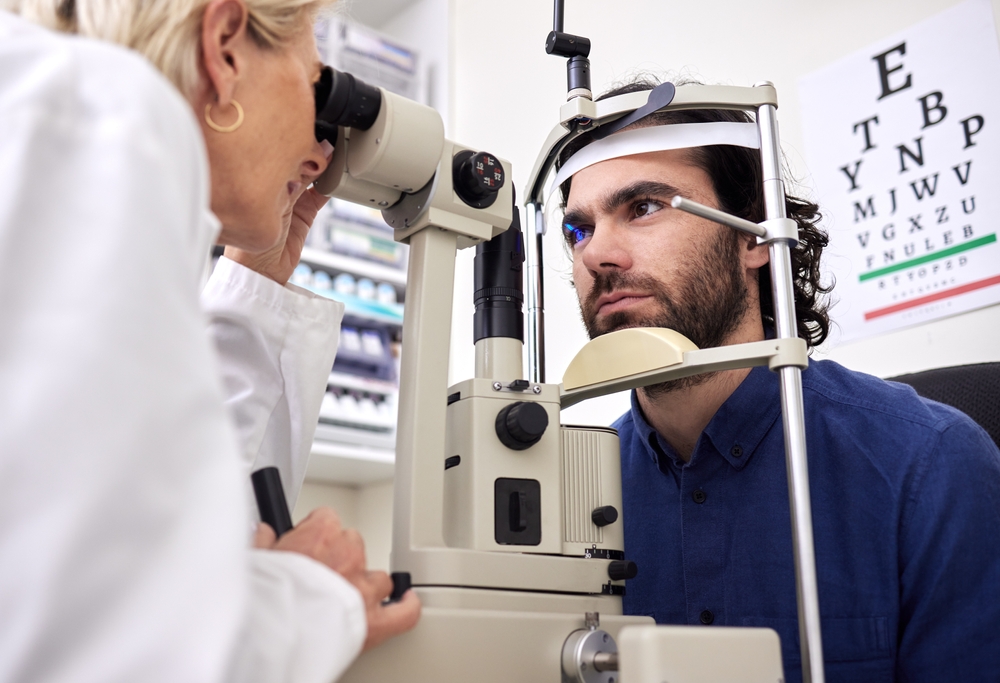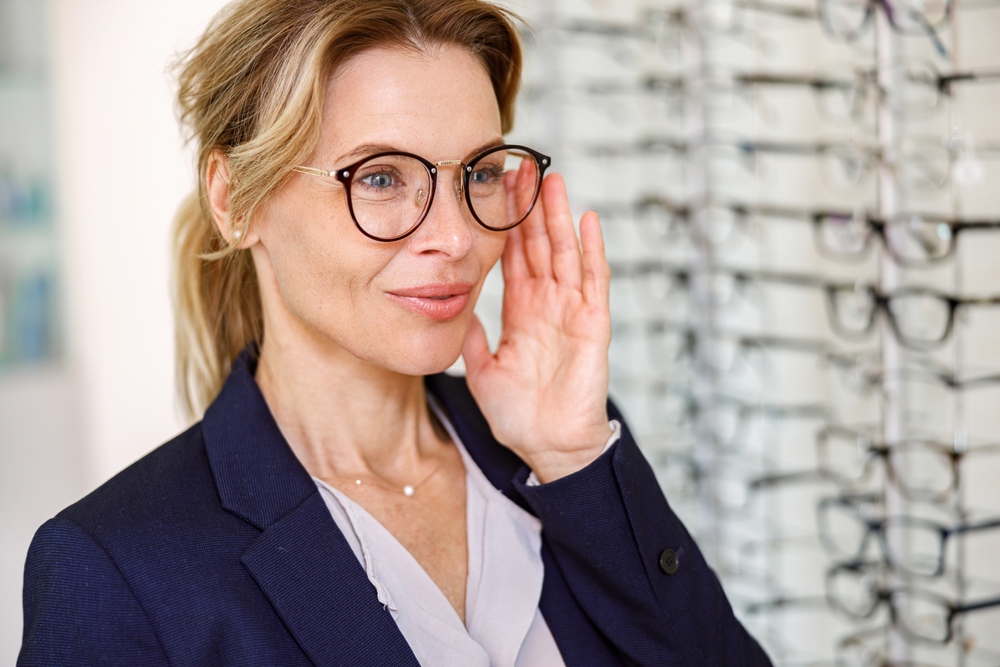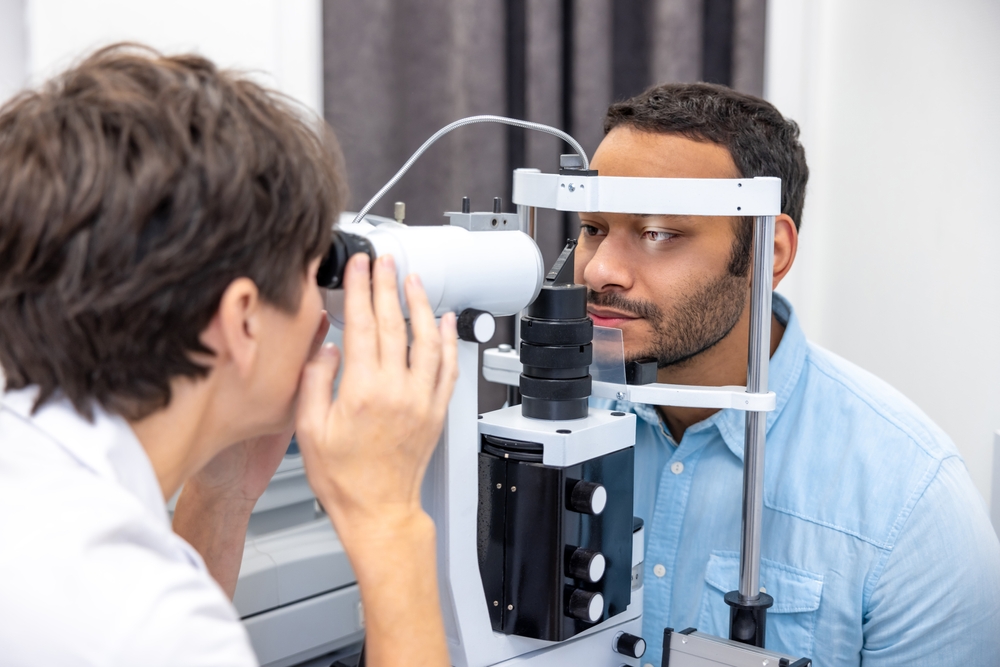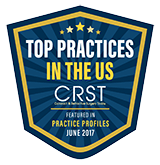If you are an adult and you don’t need glasses or contacts, you may not have seen an eye doctor in a long time. However, even if you aren’t experiencing vision problems, regular eye exams are essential to preserving your eyesight and vision health as you age.
Keep reading to learn more about why you should stop putting off your next eye exam with your eye doctor.
How Often Should I See My Eye Doctor?

The American Academy of Ophthalmology recommends that adults have at least one comprehensive eye exam with their ophthalmologist in their 20s and two in their 30s. You should also undergo a comprehensive eye exam at age 40 and make an effort to attend them more frequently the older you get.
Adults 65 or older should have eye exams every year or two years, depending on your eye doctor’s recommendation. You may also need to see your eye doctor more frequently if you have risk factors for certain eye conditions.
Some of these risk factors may include:
- Age, especially if you are over 40
- Having a family history of eye conditions
- Having chronic conditions like diabetes, high blood pressure, or thyroid conditions
- Having had an eye injury
- Smoking
You should still follow the American Academy of Ophthalmology’s guidelines even if your vision is clear, you aren’t at risk for eye conditions, and your previous eye exams were normal. This is because many eye conditions, like glaucoma, do not present with symptoms until significant damage has already occurred.
The best way to prevent this damage and preserve your eye health and vision is to ensure you are up-to-date on your eye exams and make the time to schedule regular appointments with your eye doctor at Williamson Eye Center.
How Often Do I Need to Get My Prescription Updated?

If you wear glasses or contacts, it’s essential to get your vision checked every year. Your eye doctor will assess the overall health of your eyes and test your vision to ensure your current prescription is still correct.
They will use a device called a phoropter to assess your current vision and let you try out different degrees of correction. If you are looking for more permanent vision correction solutions, these appointments are also an excellent opportunity to talk to your eye doctor about LASIK, EVO ICL, or Custom Lens Replacement and schedule a consultation to determine your candidacy.
What Conditions Do Eye Doctors Look for During an Eye Exam?
Comprehensive eye exams are crucial for detecting eye conditions that have the potential to threaten your eyesight. Your eye doctor will perform a variety of tests to screen for some of these common eye conditions:
Glaucoma
Glaucoma is considered the most common cause of irreversible blindness in the world. It is a condition that causes damage to the optic nerve, which can lead to vision loss and, eventually, blindness.
Increased intraocular pressure is a common indicator of the condition. Your eye doctor can check your eye pressure and examine your optic nerve during a routine eye exam.
Early identification of glaucoma is essential to preventing vision loss and can help ensure you receive the treatment you need as soon as possible.
Macular Degeneration
The macula is part of the retina that aids in central vision. Macular degeneration is an age-related condition where the macula deteriorates, and you lose the central part of your field of vision.
By attending regular eye exams, your eye doctor can diagnose macular degeneration before it affects your vision. The correct treatment can slow its progress and reduce the risk of vision changes.
Diabetic Retinopathy
Diabetic retinopathy occurs when increased blood sugar levels cause damage to the tiny blood vessels in the eye. This can cause scarring, fluid accumulation, and increased intraocular pressure.
Anyone who has diabetes is at risk for diabetic retinopathy, meaning patients with the condition should undergo frequent eye exams. Like most eye conditions, early diagnosis and treatment can help prevent vision loss.
Cataracts
Cataracts are a common age-related eye condition that occurs when the proteins in the natural lens of the eye begin to break down and cause cloudy vision. Your eye doctor can determine whether you have cataracts through a comprehensive eye exam and let you know if it’s time to consider treatment.
Cataracts do not always require treatment immediately, as they develop slowly and don’t always show symptoms early on. However, once they begin to impact your day-to-day life, your eye doctor will likely recommend cataract surgery to remove them and restore your vision.
What Happens During an Eye Exam?

During a comprehensive eye exam with your eye doctor at Williamson Eye Center, you will undergo a series of tests to assess your vision and the health of your eyes. Some of the tests you can expect may include:
- Pupil examination
- Slit-lamp exam
- Refraction testing
- Tonometry, or eye pressure testing
- Visual acuity testing
- Peripheral vision exam
- Ocular motility, or eye movement testing
These eye exams are non-invasive and usually take less than an hour. If you need a dilated eye exam, your eye doctor may administer eye drops to dilate your pupils.
The effects last for several hours and may cause temporary light sensitivity and blurred vision.
Is it time for your next eye exam? Schedule an appointment at Williamson Eye Center in Baton Rouge, LA, today!



